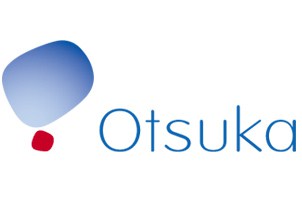 Otsuka Pharmaceutical’s tolvaptan should not be available for marketing in the treatment of a rare kidney disease according to a panel to advise US regulators.
Otsuka Pharmaceutical’s tolvaptan should not be available for marketing in the treatment of a rare kidney disease according to a panel to advise US regulators.
The Cardiovascular and Renal Drugs Advisory Committee, which informs the US Food and Drug Admsisnration (FDA), voted nine to six not to approve tolvaptan for the treatment of autosomal dominant polycystic kidney disease (ADPKD) based on current evidence.
Otsuka did not specify why the panel turned down the drug, but the company’s chief strategic officer Dr Robert McQuade said: “We are looking forward to continuing discussions with the FDA to address the panel’s concerns”.
He added: “While we are disappointed in the committee’s recommendation, we remain committed to providing patients and physicians with a novel treatment for ADPKD, a rare genetic disease.”
The guidance isn’t a fatal blow for Ostuka’s ambitions for tolvaptan for ADPKD in the US, although the FDA’s final decision does generally tend to follow the outcomes of its advisory panels.
The drug was granted priority review status to speed up the regulatory process due to serious nature of the condition and the potential benefits offered by a new treatment.
Tolvaptan qualifies because APKD is a life-threatening condition that can cause sever damage to the kidneys.
It is caused by mutations in the genes – either PKD1 or PKD2 – which regulate kidney function, and leads to the development of cysts.
Its genetic nature means that it can be passed on in families, with Otsuka claiming that there is a 50 per cent chance that a child of someone with APKD will also have the disease.
Otsuka developed tolvaptan to inhibit the formation of these cysts by targeting the body’s V2 receptor, which binds with the hormone arginine vasopressin to create cysts.
Tolvaptan is already approved by the FDA under the name Samsca for use in the treatment of clinically significant hypervolemic and euvolemic hyponatremia.




